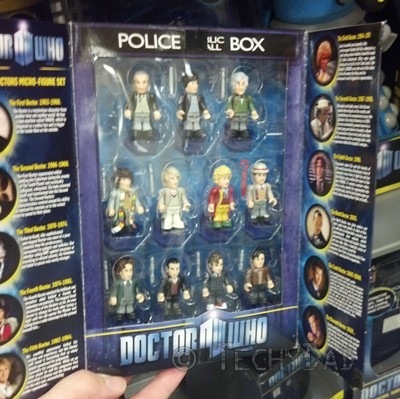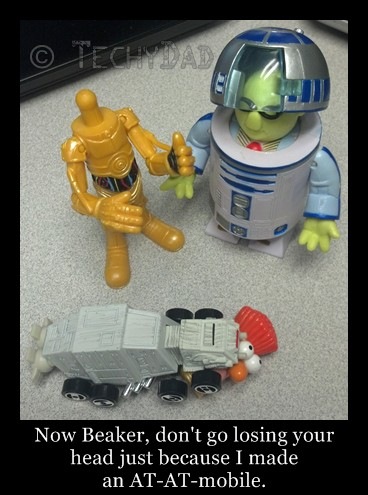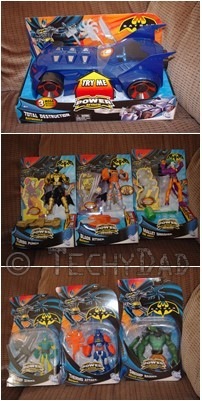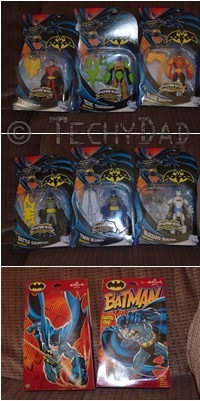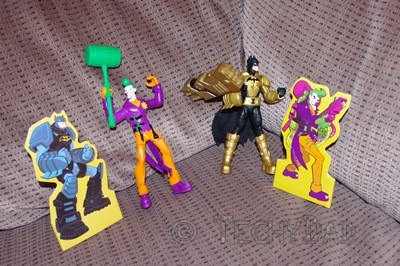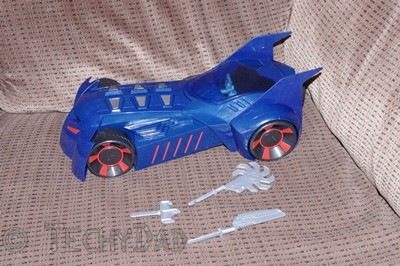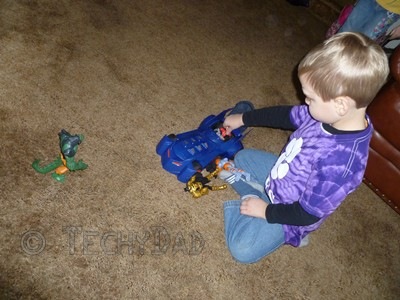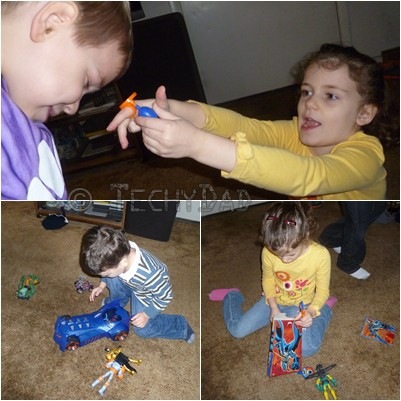Girls Toys, Boys Toys, and Missing Rey
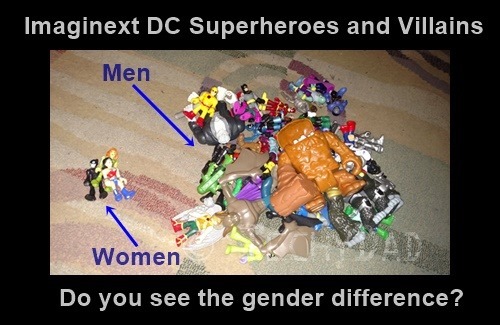 When B was pregnant with JSL, we decided to buy NHL a doll. We figured he could use it to get a sense of what it would be like to have a baby brother to take care of. There was just one problem: Try as we might, all we could find were baby girl dolls. We walked down every pink aisle in every store looking for a single baby boy doll.
When B was pregnant with JSL, we decided to buy NHL a doll. We figured he could use it to get a sense of what it would be like to have a baby brother to take care of. There was just one problem: Try as we might, all we could find were baby girl dolls. We walked down every pink aisle in every store looking for a single baby boy doll.
The aisles were pink because pink is a girl’s color, only girl’s play with dolls, and the store didn’t want any boys wandering into the girl’s area. Of course, none of this is true. Boys can like pink as much as girls do. (There’s some evidence that, a century ago, pink was regarded as a boy’s color and not for girls.)
We eventually did find a single boy doll for NHL, but had the same problem years later when JSL wanted his own baby doll. After much searching (and many teary-eyed moments for JSL leaving stores empty handed), we finally found a doll dressed in neutral colors.
More recently, JSL has developed a love of Imaginext and Playskool. These small plastic action figures are perfect for small hands. He has many toys representing DC superheroes, Star Wars, and generic characters from Imaginext’s non-licensed line. Of these, he has three female DC superheroes (Wonder Woman, Catwoman, and Poison Ivy), no female Star Wars characters, and 1 female generic character (a witch). This is out of 51 DC superheroes, 23 Star Wars figures, and 25 generic characters.
His mostly male lineup isn’t due to his picks of which toys to get, though. The only non-generic female figure he doesn’t have is Harley Quinn. There is no Supergirl, Zatanna, Batgirl, Killer Frost, Hawkgirl, Livewire, or Huntress (to name a few female heroes he’s seen on Justice League). On the Star Wars side, Leia is noticeably absent – appearing only in a Jabba’s palace set and then only in her "bounty hunter" disguise. In other words, Leia was only included in a form that hides that she’s not another male.
As an aside: While JSL helped me count his male vs. female generic toys, he had a very insightful question: "How do you know that this is a man and not a woman?" He’s right. There were some toys that could easily have been women. Aliens, barely humanoid monsters, and some supernatural creatures could easily be meant to be women. However, these creatures tend to resemble the male characters more than the female ones. Besides, if the only way toy manufacturers can include women is by making them unrecognizable as women, then what’s the point of including them at all?
With Star Wars The Force Awakens out, Star Wars fans of any gender have a new strong female character. Without getting to spoilery, Rey shows time and again that she’s not some damsel in distress for the boys to rescue. She’s not some pretty little thing who sits on the sidelines while the "big, strong men" fight over her. She’s definitely not a prize that the hero wins by defeating the bad guy. She’s a full fledged person and more than capable of rescuing herself.
However, when kids leave the movie theaters and head to the toy stores, they’ll find a lack of merchandise representing Rey. Some toy companies claimed it was an effort to avoid spoilers. While that it a commendable pursuit (imagine a Darth Vader figure released for Empire Strikes Back that declared that he’s Luke’s father), staying spoiler-free didn’t need to mean staying Rey-free. All they needed to do was describe her at the beginning of the movie with, perhaps, a hint to her grander future. They managed to do this with the other characters, why not Rey?
Rey grew up a scavenger on the harsh desert world of Jakku. She’s a strong fighter, quick-thinking and great with machines. What grand destiny awaits her beyond the sands of Jakku?
There. A mostly non-spoilery description of Rey. Was that so hard?
Here’s hoping that toy manufacturers start waking up to the fact that boys don’t mind playing with toys representing women and girls like playing with toys representing men. In addition, boys can play with toys deemed by the manufacturers to be "girl toys" just like girls can play with toys that have been declared to be "boy toys." There is no reason to exclude one gender from using a toy. Doing this only hurts boys and girls as well as, to be quite frank, toy manufacturers who are cutting out half of their potential sales. The sooner the toy manufacturers get past their mistaken notions of toy-gender assignments, the sooner everyone wins.



